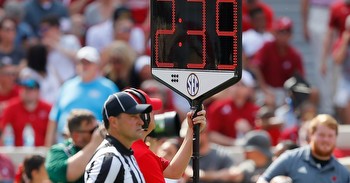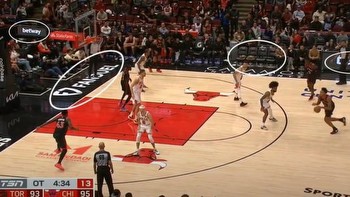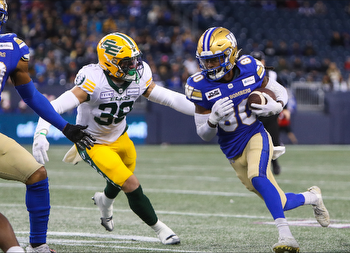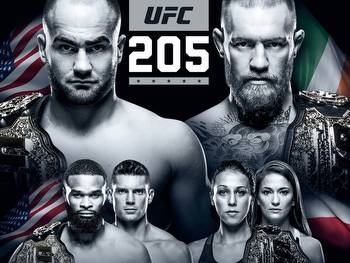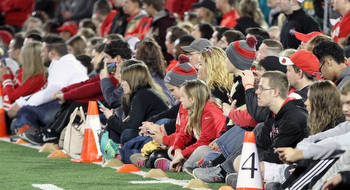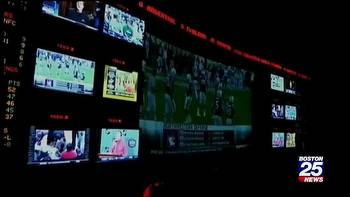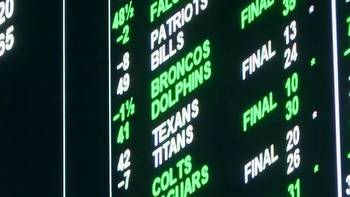Sim-sub now being used by Bell to promote sports betting
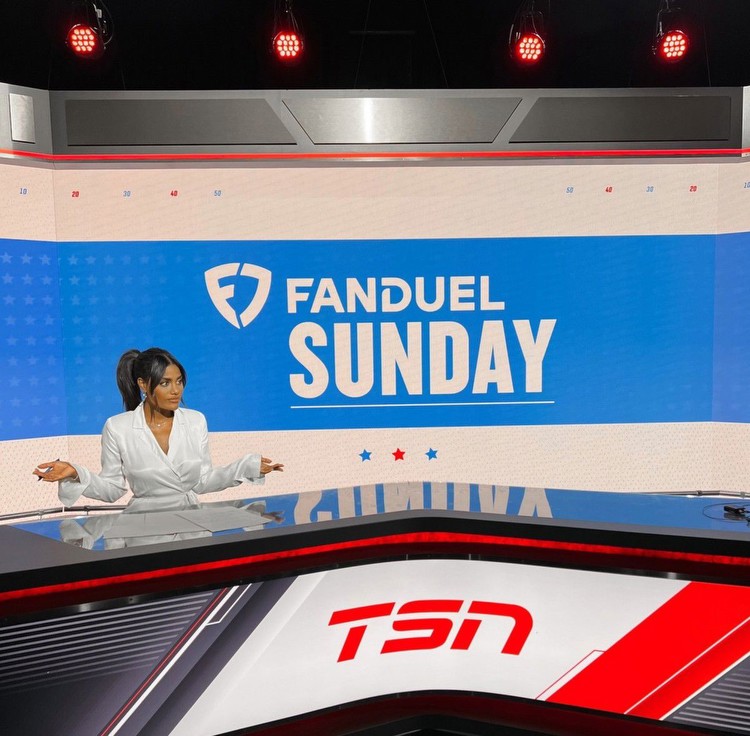
Canadian television’s biggest money maker for the past 50-plus years is now squeezing out even more profit for Bell by pushing its latest golden goose, as football fans are forced to watch betting content at halftime of NFL game broadcasts. You can’t even escape it by changing the channel from CTV or TSN to the originating NBC, CBS or Fox networks because of something called simultaneous substitution, or sim-sub for short, which used to just allow Canadian commercials to play over American ones but now apparently enables Bell to also substitute betting infomercials. Bell, which owns both CTV and TSN, partnered with US bookmaker FanDuel last year on its FanDuel Sundays segments “to give fans a glimpse of what goes on behind the scenes during every game, thanks to contextually relevant insights from FanDuel oddsmakers,” according to Media in Canada. It also hosts a segment on cable titled TSN Edge, which goes much further in touting specific bets.
“The Chargers defence has struggled to stop anybody this season,” host Tekeyah Singh began the first halftime of CTV’s latest three-game Sunday marathon, asking analyst Davis Sanchez about that night’s featured match-up. “So who sets up for Baltimore?” Sanchez, a former CFL and NFL player who has been a game analyst for TSN since 2017, was emphatic in his pick. “OBJ,” he replied, referring to Baltimore’s aging and oft-injured wide receiver Odell Beckham Jr., who was pictured in an over/under “prop” bet of 2.5 catches that night. “This Chargers secondary is so bad this is maybe a get-right game for them and try to get OBJ more involved in the offence,” he said. Viewers who took the over were rewarded that night when OBJ caught three passes.
The second game of the afternoon featured an even more exotic wager as the visiting Buffalo Bills led the favoured Philadelphia Eagles by 10 points at halftime. “Live” betting sees the odds change throughout the game depending on the score, and the screen alerted viewers that the current line was for Buffalo to win by 6.5 points. If you wanted to bet on Buffalo, you thus had to “give” 6.5 points and hope that they would win by at least a touchdown. Sanchez made it clear that he favoured Buffalo. “The Bills have a much better quarterback, and it’s not even close,” he told Singh. Instead the game went into overtime, with Philadelphia winning by a field goal. TSN’s weekly FanDuel Best Bet segments tout bets on upcoming games, with both Singh and Sanchez picking Jacksonville last week to win by a field goal or more over Houston. “They should be able to cover if they win,” said Singh. Sanchez agreed, saying: “We both like the Jags.” Jacksonville indeed won by three points after Houston’s long last-minute field goal attempt bounced off the crossbar. More risky “parlay” bets, in which gamblers must get several different bets right to win, were featured earlier this season on CTV as “Sanchez slants,” but these seem to have migrated to cable and TSN.
The bet touting is Bell’s contribution to the sports betting craze that has swept the nation since single-game sports betting was legalized in 2021, bringing a flood of advertising during games to the disgust of many. Ontario announced in August that it will ban the use of athletes in gambling ads starting in February and strengthen rules on appealing to minors, while a bill currently before the Senate would require the Canadian Radio-television and Telecommunications Commission to crack down on some of the more unsavoury practices being seen. Bell hardly needs the money, as it is the country’s largest and most profitable media company, making annual profits of $10 billion mostly by charging Canadians some of the highest rates in the world for cell phone service and Internet access. It does have an enviable streak to keep alive, however, of raising its annual dividend by at least five percent for 15 straight years. So rapacious are Bell shareholders that the company’s 2022 dividend of $3.68 somehow exceeded the company’s earnings per share of $3.40.
Bell has reinvested some of its monopoly profits in broadcasting, where it has recently been cutting costs savagely, laying off 1,300 workers in June, closing a half-dozen radio stations and shutting down CTV’s bureaus in London and Los Angeles. It has also asked the CRTC to eliminate all requirements to provide local news on its CTV stations, and even asked it to ensure under the new Online Streaming Act that it can continue to air US programming, which is increasingly migrating to online streaming services such as Netflix. Bell’s argument is that our broadcasting system “was built based on rules that ensure Canadian broadcasters can access and monetize popular US shows.”
Those rules include sim-sub, which was devised in 1972 as a way of keeping ad dollars in Canada after US border stations began selling commercials in Canada. The CRTC allowed networks that bought American programming, including sporting events, to insert their own commercials into the same shows aired at the same time on American stations carried via cable. The US networks sued, claiming piracy, but the Supreme Court of Canada upheld the interception of cross-border broadcasting signals in 1977, setting off a trade war that lasted until the 1988 North American Free Trade Agreement. The 1990 book The American Trojan Horse concluded that while sim-sub had provided a financial boon to the networks, it was a cultural bane for Canadians because it encouraged broadcasters to buy more US programming. A 1986 federal study found that sim-sub brought in $36-42 million in revenue annually for Canadian broadcasters, but by 1997 that was estimated to have risen to $100 million.
Sim-sub has also brought a litany of complaints from Canadians viewers, with the most frequent being our inability to watch American commercials during the Super Bowl, for which major US advertisers save their most lavish productions. The CRTC finally disallowed sim-sub during the NFL championship game in 2016, but Bell sued to overturn the decision, claiming the ban had cost it ad revenues of $11 million in 2017 alone. Sim-sub has also served to marginalize Canadian football, as CFL games, including the Grey Cup, are no longer broadcast over the air but instead confined to cable on TSN so that CTV can instead air NFL games.
The deluge of American programming we have suffered under as a result of sim-sub and now the flood of advertising for sports betting have been bad enough, but to allow TV hosts to tout bets is going too far. The CRTC should at least stop Bell from flouting the sim-sub rules by inserting bet-touting infomercials.
Marc Edge is a journalism researcher and author who lives in Ladysmith, BC. His books and articles can be found online at www.marcedge.com.

